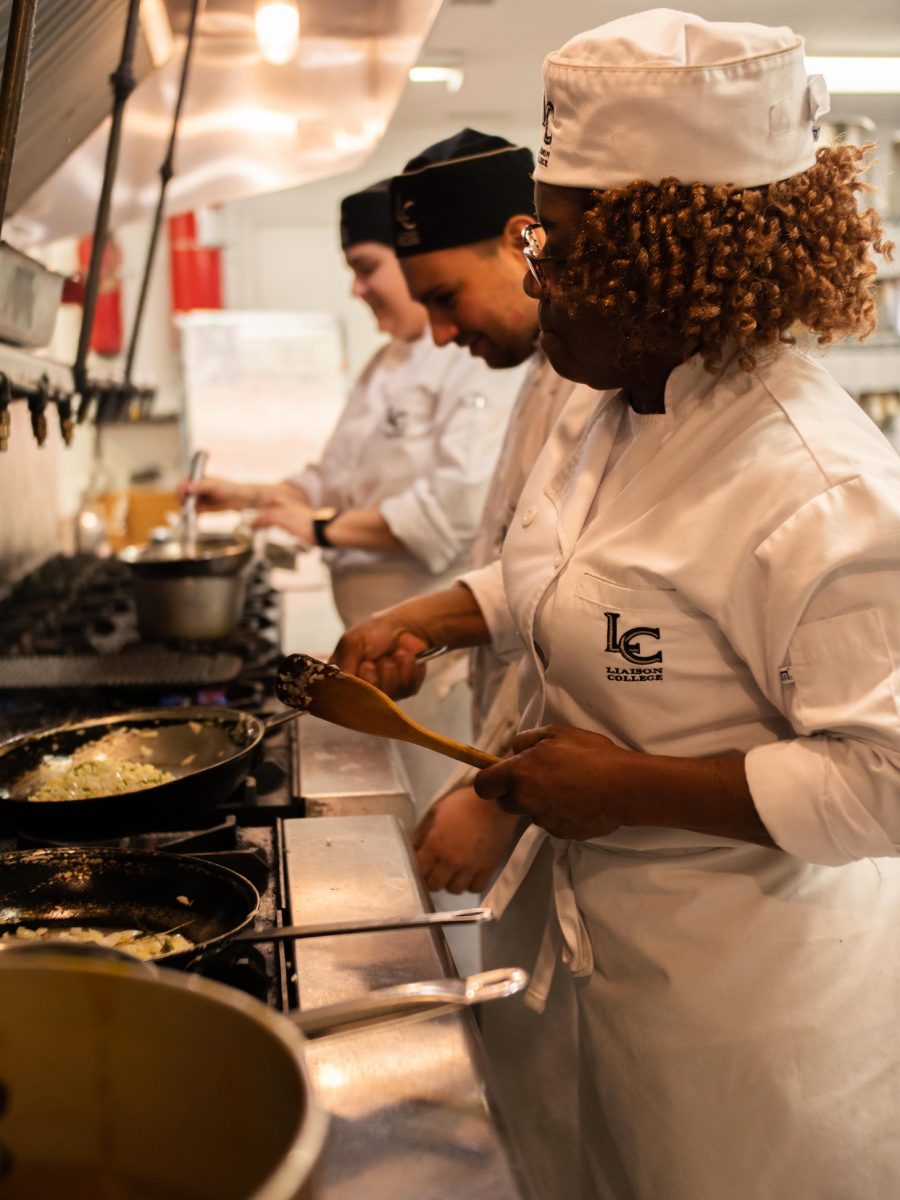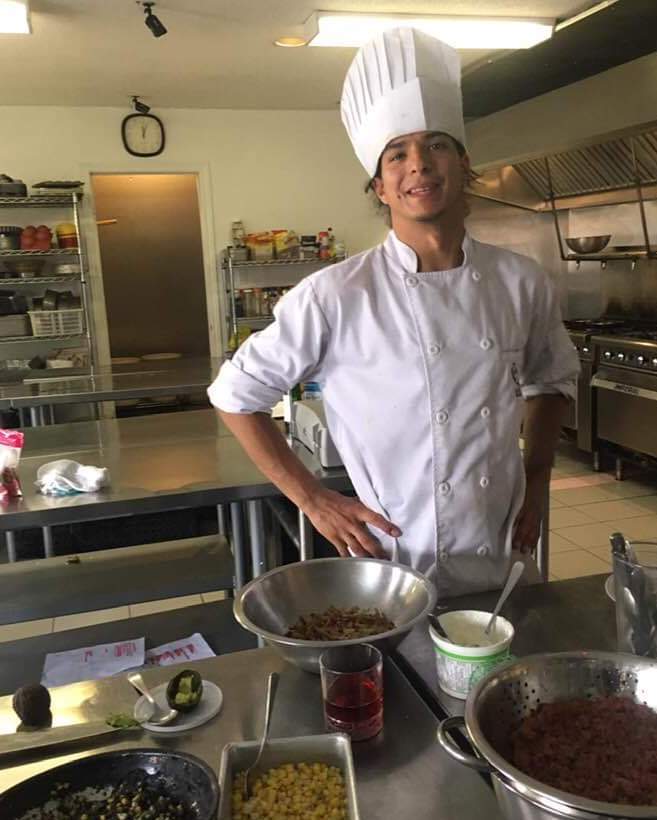The accommodation and food industry employs roughly 1.4 million people in Canada according to stats Canada. Immigrants make up a large number of these workers. In August 2019, there were 48,000 vacant jobs employers were unable to find staff. This critical shortage of workers in the food industry has resulted in many restaurants having to close down. Canada has a shortage of trained chefs and cooks says Christine Demko.
Adding to this skills shortage, the Canadian government changed their policy for post graduate work permits about two years ago. International students now have to return to their home country as soon as they have graduated from culinary schools. Despite a shortage in trained chefs, Canada is forcing hundreds of them to return to their home countries before they’ve had a chance to apply their skills to an industry desperately in need of them.
The executive director of Liaison College in Oakville, Christine Demko, said the government’s move makes no sense.

“We’re a culinary school, we’re offering government approved programs. We specialize in training cooks and chefs. In an industry that is looking for our skillset. Yet the Federal government has disallowed over the last two years for our international students to continue to work once they have finished their program,” said Demko.
Liaison College is a private career college and provides intensive training in French cuisine. There are typically 10 to 15 students per class and their Oakville campus can train up to 60 students per year.

Thirty to 40 percent of the students at Liaison are international, says Demko. Many of them come to the college to learn the culinary arts with a goal to eventually live and work in Canada. A few years ago, these students could obtain a one-year work visa after graduating allowing them to gain experience and providing a vital service to the Canadian food industry.
Liaison’s two-year course includes three scheduled breaks allowing students to work and gain more industry experience while they are enrolled in the program. The problem arises when they finish school. Given the Canadian government’s new policy, students will no longer receive a post graduate work visa. This has resulted in a decline in the number of international students signing up for Liaison’s two-year program.
Despite not allowing foreign students to remain in Canada, the federal government does offer temporary work permits to chefs and cooks abroad to encourage them to come to Canada and work. In the last two years, restaurants and hotels have started to reach out to these workers abroad to fill the shortage of skilled chefs and cooks in Canada.
Demko said the college has put together a pathway for international students to apply and obtain their permanent residence cards. Students who sign up for the two-year program obtain temporary foreign.
The college has partnered with many restaurants to help students who finish the program to complete the necessary paperwork – (LMIA) Labor Market Impact Assessment providing a temporary foreign work visa allowing the graduate to jump into the PR pool. This is a long process but gives graduates an opportunity to stay in the country and work.
Demko said she has been fighting for the pathway to permanent residence for her international students by helping them get jobs and allowing them stay in Canada, eventually becoming a permanent resident. Liaison College is unique with the level of support they provide their students in getting work after graduating.
Amaury Emiliano Mora an International student from Mexico graduated in December 2019 and is now a chef at Ben and Florentine in Oakville. He said he has been supported from the beginning of his course.

(Liaison College/Amaury Mora)
“Liaison College has helped me find jobs since I started my studies,” he said.
Amaury hasn’t gone through the PR route yet.
“I’m about to start the whole process now,” he said.
The COVID-19 pandemic has severely impacted the food industry. Restaurants are only allowed to provide take-out or delivery services and dining facilities have been closed for the foreseeable future. Demko said Liaison College is able to provide some online teaching as 30 percent of the course is theoretical.
“We are online, we cannot be in our kitchen. This has turned us into an online school. There is about two to three months of teaching that we can do online,” said Demko.
Demko noted this pandemic has affected everyone economically and this means Liaison’s international students will not be able to work.
“We are concerned about them. They cannot work while they are here and make a living,” said Demko.
Demko believes despite the short-term challenges of this pandemic on the industry, the industry will recover. She believes this will encourage the sanitation standards to be even higher than they are today. She also thinks the market is going to rebound and people are going to want to go out and socialize and dine together once life gets back to normal.
